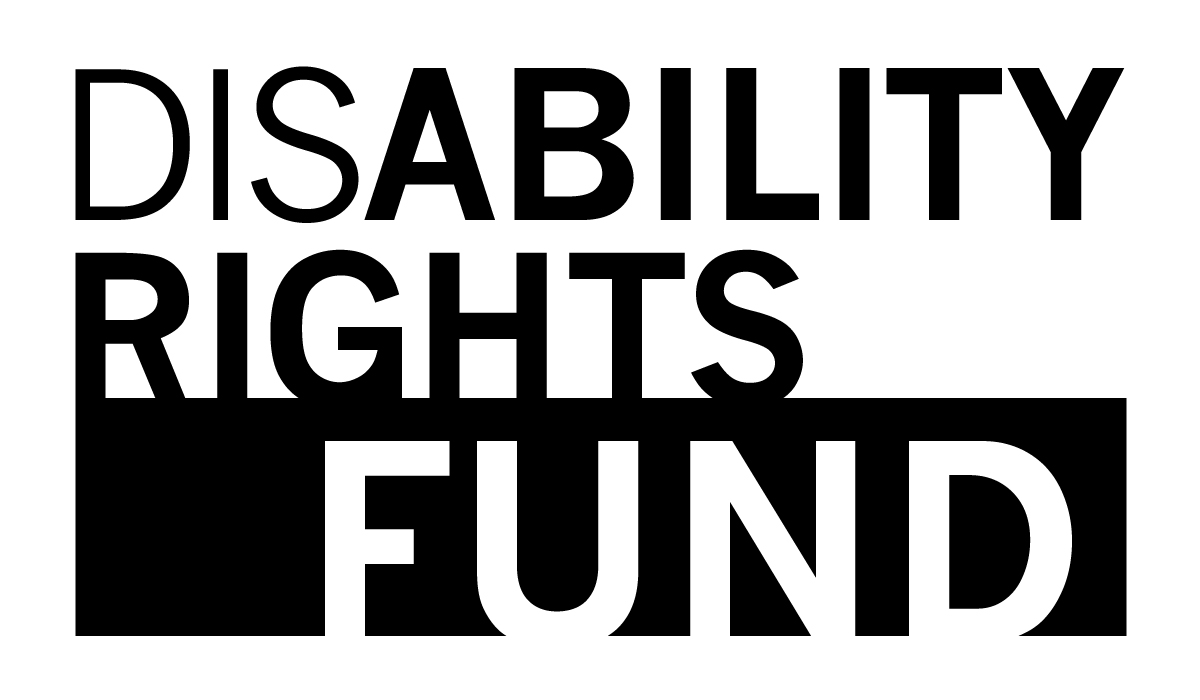September 24, 2020 – FOR IMMEDIATE RELEASE
Contact: Melanie Kawano-Chiu, Evaluation & Learning Manager
Disability Rights Fund & Disability Rights Advocacy Fund
Email: mkawanochiu@disabilityrightsfund.org
COVID-19 Disability Rights Monitor (DRM) calls for governments to ensure access to food, medication, and essential supplies for persons with disabilities
As persons with disabilities around the world continue to be disproportionately affected by the coronavirus pandemic, coordinating group members of the COVID-19 Disability Rights Monitor (DRM) express their grave concern over continued lack of access to food, medication and essential supplies. Data collected from rapid independent monitoring indicates that respondents from high, middle and low-income countries are experiencing remarkably similar barriers to accessing necessities. Rising inflation rates, the breakdown of social and financial supports as well as strict curfews or quarantine enforcement methods, have resulted in preventable deaths.
The seven organizations coordinating the COVID-19 DRM call upon national governments around the world to fulfill their obligations under international law, particularly the UN Convention on the Rights of Persons with Disabilities (UNCRPD). We call on governments, funders, and global actors to take emergency measures in partnership with persons with disabilities and their representative organizations to avoid further humanitarian catastrophe.
More information:
- Visit the COVID-19 DRM Dashboard on www.covid-drm.org
- Read respondents’ testimonies on the COVID-19 DRM Dashboard Voices page.
- For further information or media enquiries, please email: monitoring@covid-drm.org.
Members of the Coalition
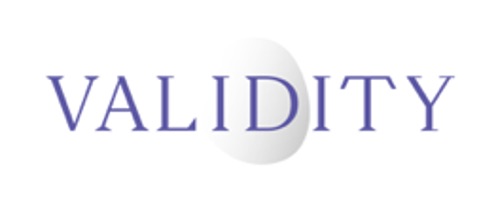
The Validity Foundation – Mental Disability Advocacy Centre is an international non-governmental human rights organisation which uses legal strategies to promote, protect and defend the human rights of persons with intellectual disabilities and persons with psychosocial disabilities in Europe and Africa. Validity holds special consultative status with ECOSOC and participatory status at the Council of Europe. Website: www.validity.ngo.
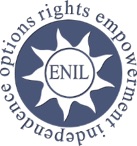
The European Network on Independent Living (ENIL) is an international network of disabled people, with members throughout Europe. ENIL is a forum for all disabled people, Independent Living organizations and their non-disabled allies on the issues of Independent Living. ENIL represents the disability movement for human rights and social inclusion based on solidarity, peer support, deinstitutionalization, democracy, self-representation, cross disability and self-determination. Website: www.enil.eu.
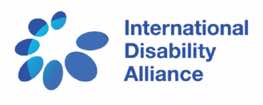
The International Disability Alliance (IDA) is an Alliance of 14 global and regional organisations of persons with disabilities. Together, the IDA Members promote the rights of persons with disabilities across the United Nations’ efforts to advance human rights and sustainable development. IDA supports organisations of persons with disabilities to hold their governments to account and advocate for change locally, nationally and internationally. Website: www.internationaldisabilityalliance.org.

Disability Rights International (DRI) is a human rights advocacy organization dedicated to the protection and full community inclusion of children and adults with disabilities worldwide. DRI documents human rights violations, educates and engages the public through media campaigns, trains and supports activists working to bring change, and conducts strategic litigation to enforce the rights of people with disabilities. DRI’s Worldwide Campaign to End the Institutionalization of Children is dedicated to promoting the recognition and enforcement of the right of all children to live and grow up with a family and not in any form of institution, orphanage, or group home. DRI is an organization led by people with disabilities and their families. Website: www.driadvocacy.org.
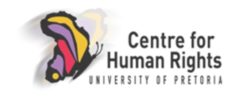
The Disability Rights Unit at the Centre for Human Rights, University of Pretoria, is committed to finding evidence-based ways of addressing the rights of persons with disabilities on the African continent. This includes conducting research on international disability rights standards and instruments, building capacity among governments, national human rights institutions, academia, civil society and communities, and engaging with judicial, quasi-judicial and non-judicial redress mechanisms. Website: https://www.chr.up.ac.za/units/disability-rights-unit.
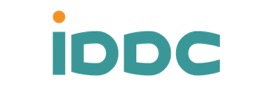
The International Disability and Development Consortium (IDDC) is a global consortium of 31 disability and development non-governmental organisations (NGOs), mainstream development NGOs and representative organisations of persons with disabilities (DPOs) supporting inclusive international development and humanitarian action with a special focus on the full and effective enjoyment of human rights by all people with disabilities in more than 150 countries around the world. Website: www.iddcconsortium.net.

The Disability Rights Fund (DRF), and its sister organization, the Disability Rights Advocacy Fund (DRAF), are pooled funds and participatory grantmakers, bringing together global disability rights activists and donors to resource organizations of persons with disabilities across Africa, Asia, Pacific and Caribbean to advocate for advancement of the Convention on the Rights of Persons with Disabilities (CRPD) at national and local levels. With more than 50% of grants supporting organizations of persons with disabilities marginalized within the disability movement, DRF supports persons with disabilities around the world to build diverse movements, ensure inclusive development agendas, and achieve equal rights and opportunity for all. DRAF supports work to advance legal frameworks to realize rights. Websites: https://disabilityrightsfund.org and https://drafund.org.
####
Download Announcement (Word version)
